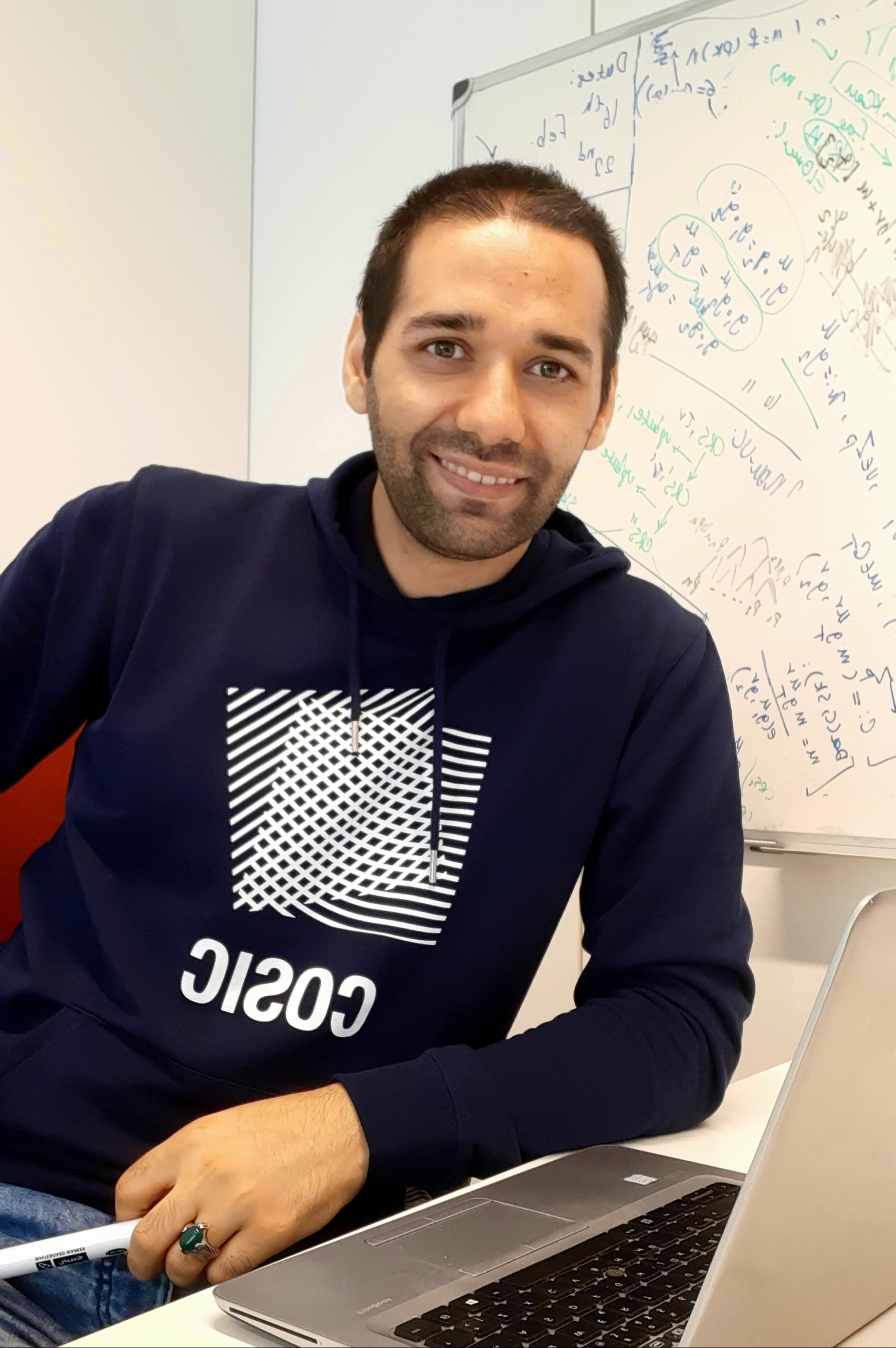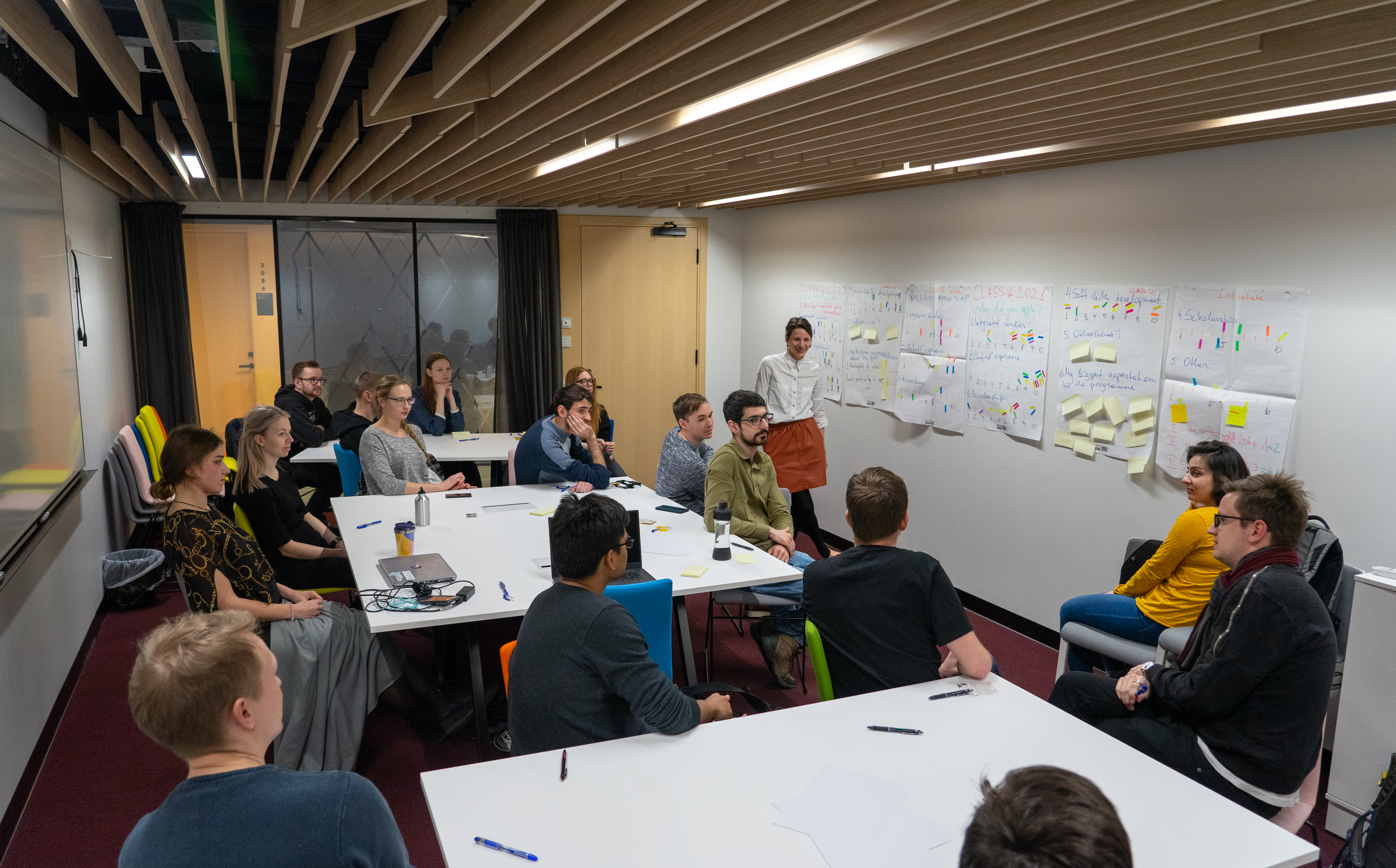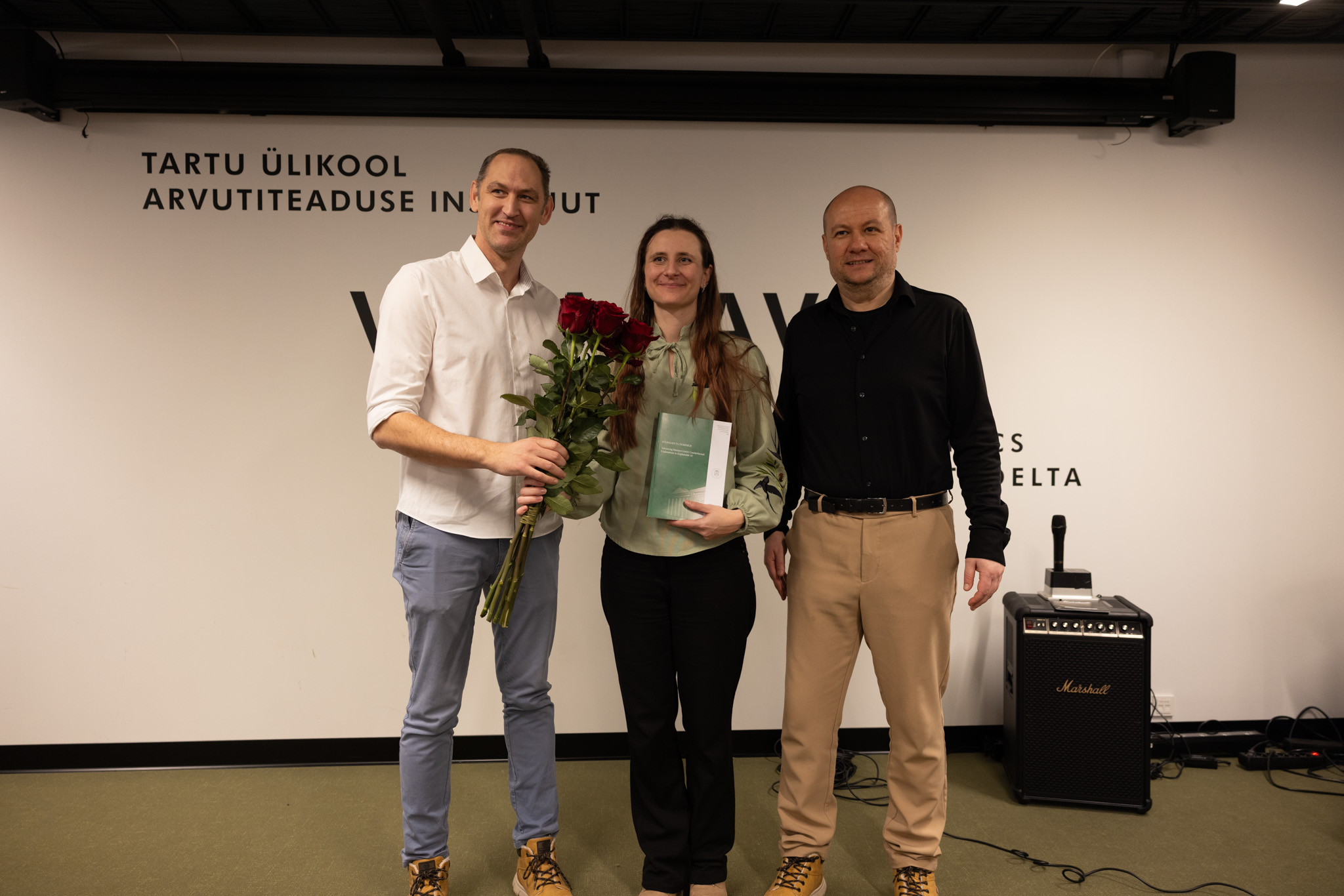By Anastasiia Shevchenko
The digitalisation of the manufacturing industry is a challenge that lots of countries are facing. There have been created different financial instruments[1], training programmes[2], software solutions[3], etc. developed for manufacturing companies by the government, public institutions, and other private companies in order to raise awareness and support digital transformation. However, it is still very challenging for a company to successfully adopt the changes that come with digitalisation in a sustainable way.
After several rounds of discussions with industry, government and supporting organisations’ representatives, it has been suggested that people with IT domain knowledge could be placed at each company to help support the transition. Driven from the study visits organised within the InnoCAPE project, the University of Tartu Institute of Computer Science (UniTartuCS) has decided to pilot its Industrial Master’s Programme in IT into the manufacturing sector.
Industrial Master’s Programme in IT is a study format for the first-year master’s students in Software Engineering, Computer Science and Data Science curricula in the UniTartuCS, where 50% of the student’s studies take place at a partner company. Students collaborate with a partner company for 17 months (3 semesters) for an internship, practical course assignments, and a master’s thesis while performing tasks relevant to both the company and the academic curriculum.
Students and companies are matched for the programme based on the student and the company’s mutual interests and research directions.
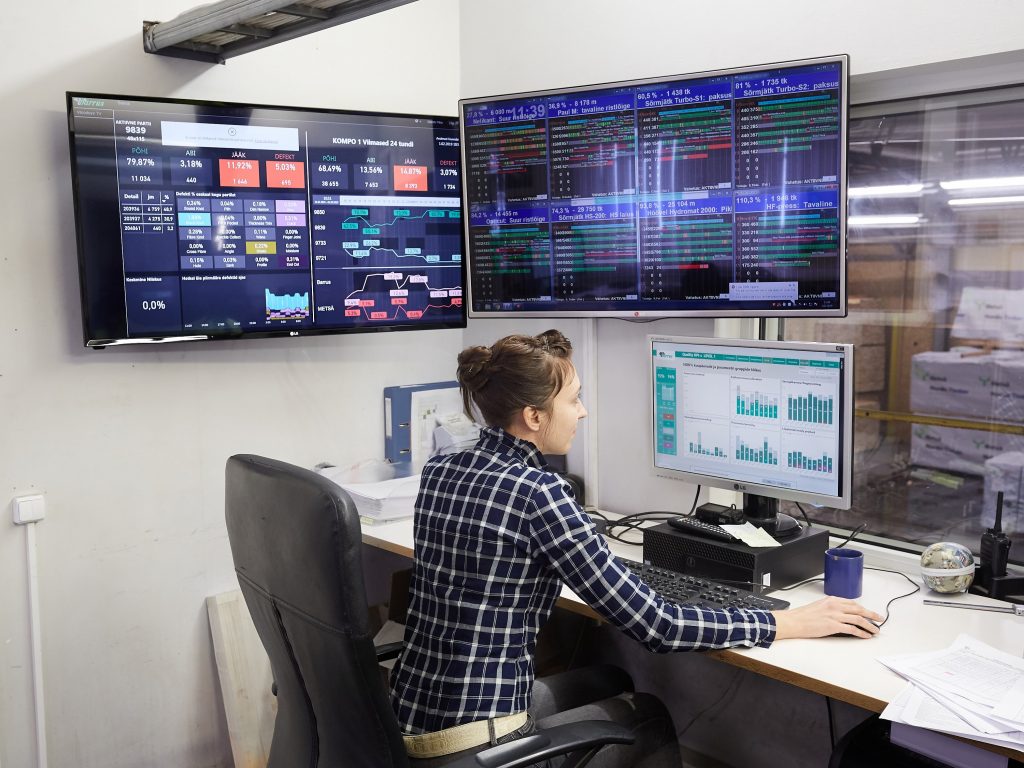
The programme began in 2017 with UniTartuCS’ IT partner companies. Within the three years of its existence, the programme has proven itself attractive and efficient for both – the students and the companies. As described above, in 2020, we are expanding the Industrial Master’s Programme in IT into manufacturing. The pilot position is a collaboration between Columbus Eesti and Barrus. Columbus is a company that provides digitalisation solutions and business consulting. Barrus is a manufacturing company and a long-time client of Columbus. In August 2020, companies narrowed down a problem and described a solution that the potential student would work on during a 17-month internship, supervised by one academic and two industry experts. The problem is related to calculation of product’s cost price when there are numerous factors to take into account. It is envisioned to be solved by creating a machine learning model that would be able to calculate the price automatically.
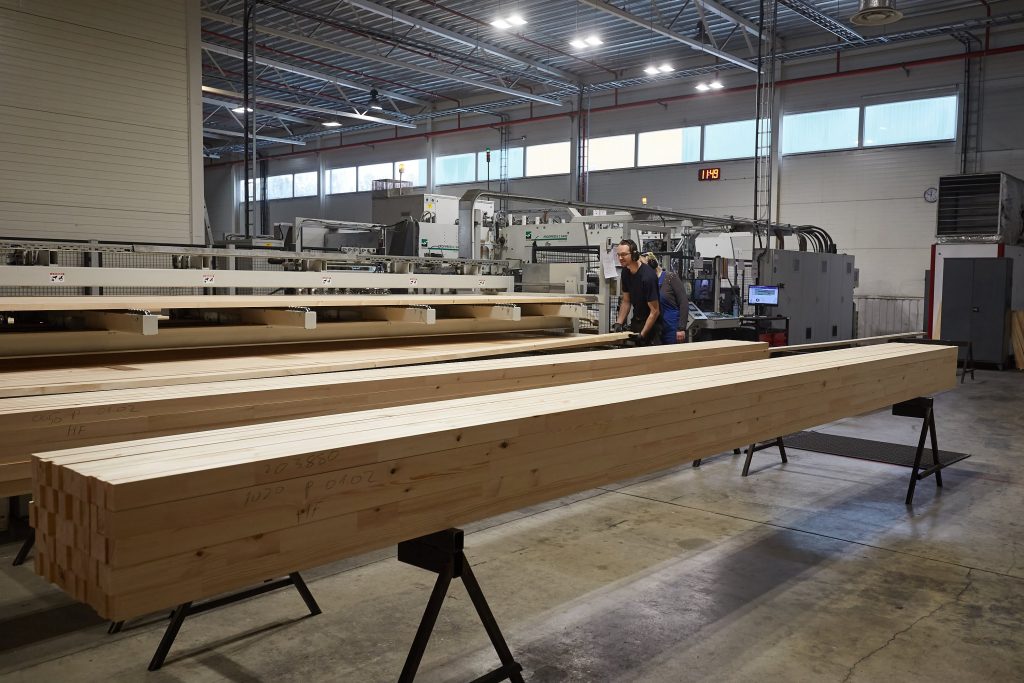
In November 2020, after several application rounds and a matchmaking process, one student was selected to fill in the position. The student holds a bachelor’s degree in Computer Science and has started his master’s studies in Data Science in September 2020. During the 17 months, he will divide his time between studies and spending roughly 20 hours per week working on the project.
To have a better capacity to evaluate the project’s progress, the project period is divided into semesters and has the following benchmarks:
- In the Spring of 2021, the student will spend most of his time getting to know the manufacturing environment, mapping the company’s processes and data collection. Consequently, the gaps in data collection will be identified – what data and how it should be collected.
- In the Autumn of 2021, the student will focus on analysing the historical data about the specific problem setting, including what works well, what doesn’t work well and why, preparation and cleaning the data. He will label the data in the way that it can be used in a model. The hypothesis for the proof of concept of the software solution will be set, and it will become the topic for the student’s master’s thesis.
- Spring of 2022 will be dedicated to the preparation, testing and modification of the proof of concept. The student will document the process in his master’s thesis, and the project will end with a successful defence of the master’s thesis.
In the context of this project, parties share the same goals, but each one takes on a different role and holds different learning interests:
- Columbus is the student’s primary industrial supervisor, providing the student with daily tasks and including him as a part of their core team. Columbus holds the business intelligence knowledge in a manufacturing field and is the connection bridge between the UniTartuCS and Barrus. The company’s main learning interest in participating in the project is gaining knowledge from the student and university about machine learning and the possibilities of applying it for solving problems.
- Barrus is the problem owner. They provide other project partners with the manufacturing industry domain knowledge by giving necessary insights, feedback and supervision in that area. There are two supervisors from Barrus’ side, who are the first-hand contacts of the student, Columbus and the academic supervisor. Barrus’ main learning interests in the project are developing a proof-of-concept for solving a business-critical problem and experimenting with new cooperation forms.
- The student is driven by combining his studies with gaining practical training in IT in the manufacturing sector, supervised by several industry partners. It gives the student an advantage in knowledge acquisition, as the studies are much more hands-on, and a written master’s thesis is of practical use for companies. By the time the student graduates, he will have at least 17 months of industry experience and a master’s degree that will serve in his favour in the labour market.
- UniTartuCS is motivated to pilot the programme into the manufacturing industry in order to explore the impact it can have on that specific industry and how it should be designed to maximise the value-added. The pilot year will be documented thoroughly and best practices will be developed[4].
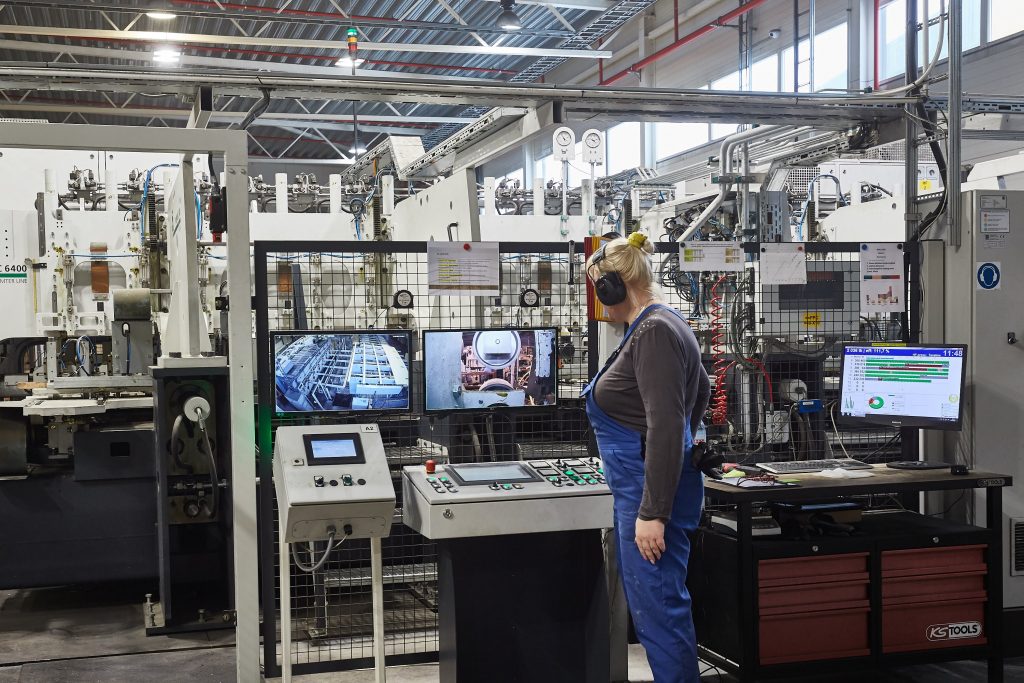
As UniTartuCS’ vision is to make Estonia’s economy more science-based, the Industrial Master’s Programme in IT is a straightforward, low-risk way to expose companies to at least one way to collaborate with academia. We also aim to encourage both the students and different industries to take advantage of IT and what it has to offer without limitations to the IT sector. By participating in these programmes, the companies are gaining visibility among IT students, which is beneficial when attracting workers with IT skills.
After the official end of the project, Barrus is expected to continue the development or implementation of the software solution from the proof of concept stage into the production stage with the support of an external partner, e.g. Columbus. Additionally, we assume that the project’s length supports the growth, transfer and consolidation of the IT knowledge into manufacturing, which will reduce the existing barrier between the two fields.
The first pilot project will be over in June 2022.
In February 2021, at the request of the companies, a new intake for the Industrial Master’s Programme in IT was opened. The programme is re-designed for a one-year period (June 2021-June 2022) as an experiment, and companies are welcome to join the programme up until 22 March 2021 by filling in the form available at the website of the programme or contacting the programme manager at anastasiia.shevchenko@ut.ee.
[1] E.g. Digital Diagnostics by EAS, Norway Grants Green ICT programme by EAS and Innovation Norway etc.
[2] E.g. TalTech curriculum Digital Changes In The Company, training series Digitalisation Of Manufacturing etc.
[3] E.g. TRIMIT, Noom etc.
[4] All the information will be published in the University of Tartu Institute of Computer Science’s blog.
